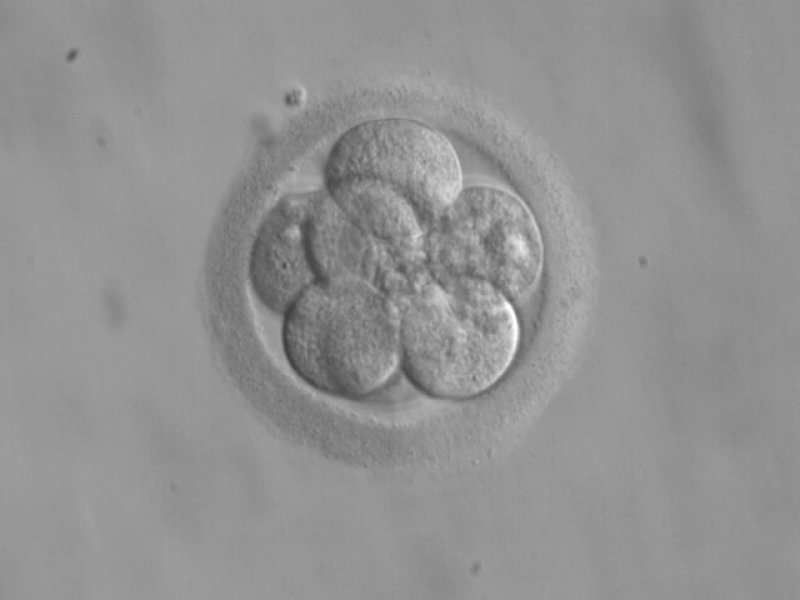Paraphrasing the immortal words of Donald Rumsfeld: There are known knows, known unknowns and unknown unknowns. In genetics, these unknown unknowns are termed incidental findings, mutations you discover when you were looking for something else. In some cases, this may be a positive. A heightened risk for colon cancer may encourage a patient to eat more vegetables and whole grains and lay off the cured meats, for example.
But in other cases, the news can be unsettling to the point of being traumatic, like the presenilin 1 mutation for early-onset Alzheimer’s. Shirley Wang tells the story of a patient whose mother had the disease. The patient and her husband wanted to have children, but felt they couldn’t with the spectre of Alzheimer’s looming. They chose to do pre-implementation genetic diagnosis (PGD) on the embryos by looking for the Alzheimer’s mutation in the grandparent’s DNA. The fertility clinic team identified and implanted two non-affected embryos and the patient successfully, and she and her husband now have twins.
During PGD, one cell is removed from an embryo when it is first growing. The removal doesn’t effect subsequent development, but does offer geneticists a chance to examine the embryo for potential genetic disease. This used to be limited to checking the number of chromosomes, to identify trisomies, or the sex of the baby. But today’s sophisticated technology adds the ability to look for specific mutations the embryo might carry. Eventually, the embryo’s entire genome could be sequenced.
The other successful part of this story is that the patient was able to protect her children from inheriting the incurable disease without having to know if she will develop it herself since her DNA was never analyzed:
The patient whose embryos were screened for the Alzheimer’s genetic mutation says she and her siblings have felt the burden of their mother’s genetic makeup for years. “Every time I forget a word, I’m like, ‘Oh maybe this is the start, even though I know I’m too young to have it,’ ” says the patient, herself a physician in her early 30s.
She said she and her siblings plan to get tested around the time symptoms would appear, and evaluate her ability to continue her medical practice then. But until, there is truly no point in knowing.
It’s common now when a patient undergoes genetic analysis for any condition, to test for other disease-causing mutations. The American College of Medical Genetics recommends the mandatory reporting of a patient’s status for 56 of these genes. That did not go over well, and the recommendations have subsequently added an opt-out clause. This all or nothing approach leaves much to be desired, as the GLP reported:
UK clinical geneticist Caroline Wright defends the right of patients not to know. But she also points out the reality that, whether the decision is for or against disclosure of incidentals, it’s a decision nearly always made in the absence of adequate information or evidence. She says, “[T]he level of genomic knowledge required to make an informed choice about what information to receive—or indeed not to receive—is enormous.”
Obviously, non-disclosure PGD applies only to patients who are seeking fertility assistance. But this case opens up the idea of how patients might be able to make proactive decisions even when faced with incurable genetic disease.
Meredith Knight is editor of the human genetics section for Genetic Literacy Project and a freelance science and health writer in Austin, Texas. Follow her @meremereknight.
Additional Resources:
- What should be done with unsettling ‘incidental findings’ in gene screens?, Genetic Literacy Project
- Too much and too little: Delicate balance of knowing risk and treating disease, Genetic Literacy Project
- What to do when medical genetic screening reveals unexpected parent, Genetic Literacy Project































